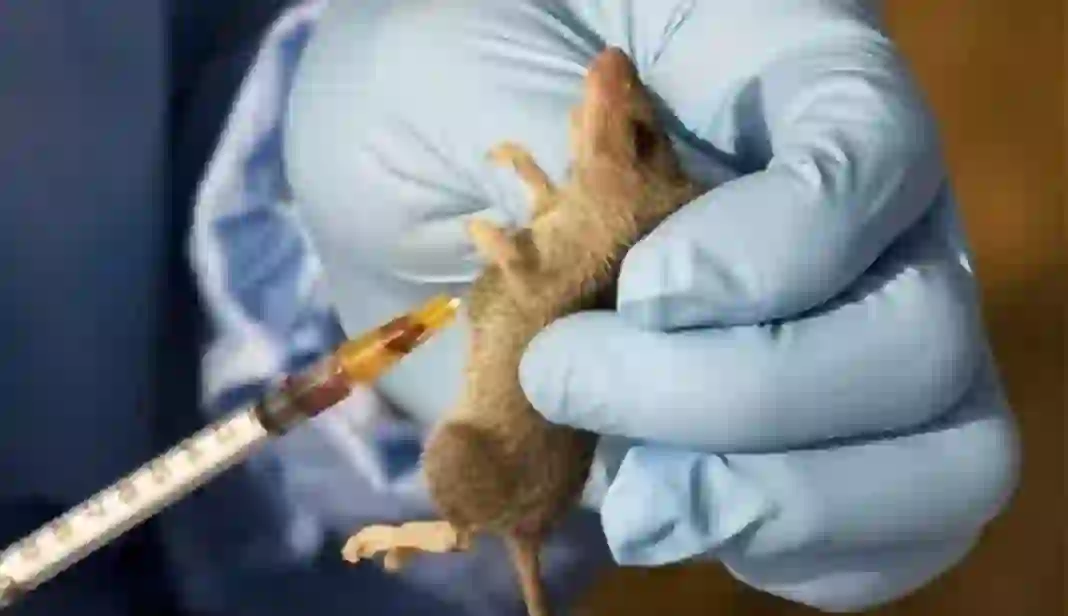The Nigeria Centre for Disease Control and Prevention (NCDC) has released figures of those killed by Lassa fever between January and March 2025, saying 645 cases of Lassa fever were confirmed out of 3,465 suspected cases, leading to 118 deaths across 33 states.
In a statement on Sunday, NCDC Head of Corporate Communication, Sani Datti, reported that 20 healthcare workers were infected across nine state.
The record shows eight in Ondo, four in Bauchi, one each in Edo, Taraba, Ebonyi, Benue, and Ogun, and two each in Gombe and Taraba.
According to the statement, to enhance its response, the NCDC deployed Rapid Response Teams (RRTs) to 10 states for two weeks —Kogi, Plateau, Ondo, Edo, Bauchi, Ebonyi, Taraba, Benue, Gombe, and Nasarawa, while in areas with evolving outbreaks like Edo and Taraba, deployments were extended by ten and seven days, respectively.
Dr. Jide Idris, Director General of NCDC, stated that the Lassa Fever National Emergency Operations Centre (LF-EOC) has been activated at Response Level 2 to improve coordination among stakeholders, including federal, state, and local governments, as well as development partners.
He explained that the agency has distributed essential medical supplies such as personal protective equipment (PPEs) and treatment medications to affected states.
Also, targeted, state-specific advisories have been issued to guide the prevention and control of Lassa fever.
Despite these interventions, Dr Idris said challenges persist, such as weak community-level surveillance, inadequate resources for treatment and contact tracing, and manpower shortages at treatment centers.
He said many patients delay seeking care, often turning to self-medication and unorthodox practices that prove ineffective.
The director therefore advised individuals with suspected Lassa fever to seek immediate medical attention and appealed to state governments to contribute to treatment costs
Dr Idris reiterated that preventing Lassa fever requires collective action, saying while the agency and state governments lead the response; Nigerians have a role to play in curbing the spread of the virus.
He encouraged citizens to uphold environmental hygiene and prevent rats from accessing homes, food, and utensils, as these are the most effective preventive measures.
Dr Idris also urged Healthcare workers to adhere to infection prevention and control (IPC) measures and maintain a high level of suspicion for the disease.
Discover more from The Source
Subscribe to get the latest posts sent to your email.








